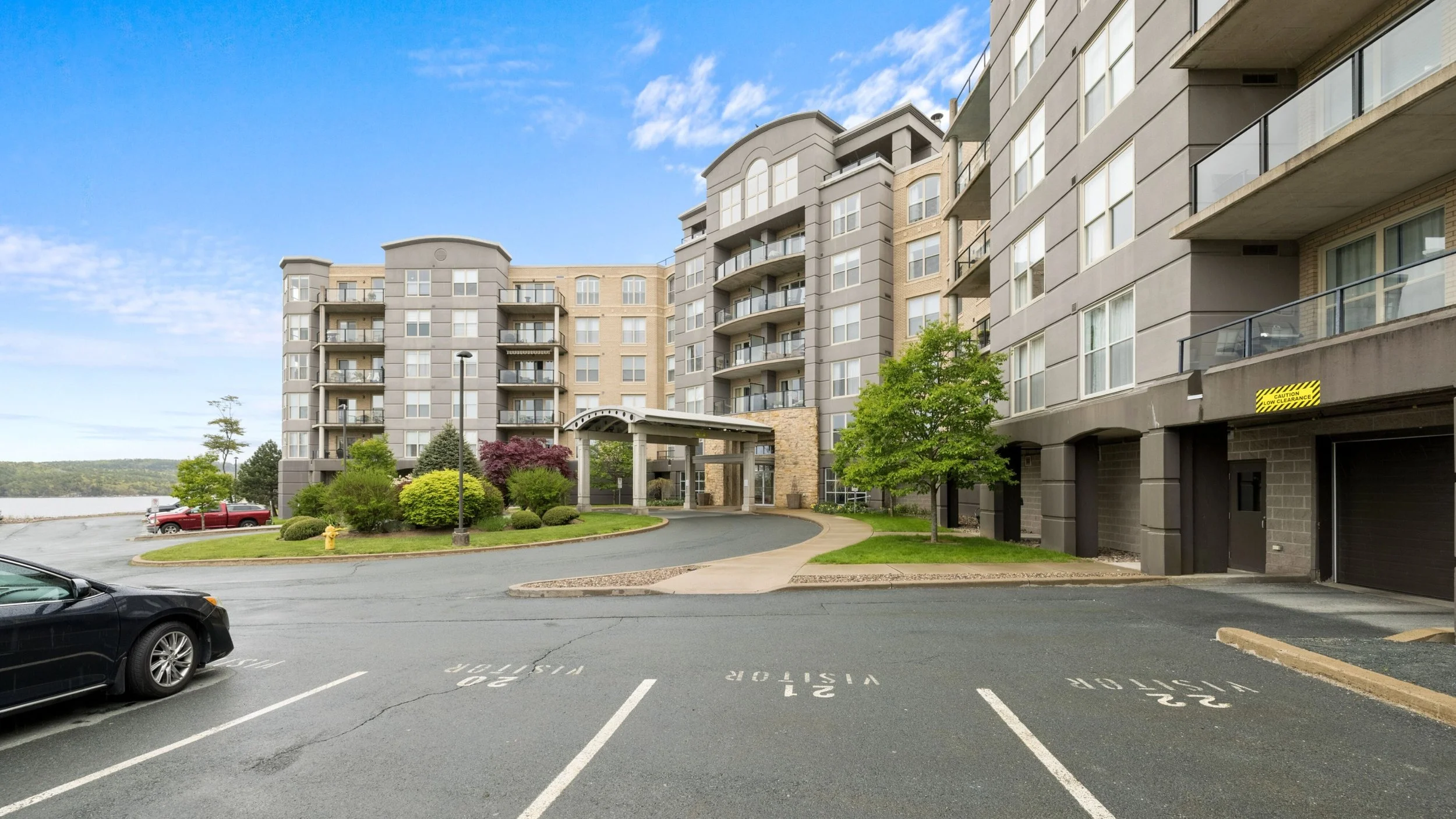Are you planning to purchase a Halifax Condo in the next 6 months? It is CRUCIAL to have a pre-approval in place before viewing properties! Contact us to get your pre-approval started!
It has been our (and most people's) longstanding understanding that after age 75, you cannot get a mortgage.
So, when a buyer reached out to us early last month to purchase a condo in her late 70s, we immediately thought that it would be impossible without paying in cash.
As part of our due diligence, we reached out to our trusted mortgage broker Neil Keeping with The Mortgage Group to confirm what we thought we already knew.
To our surprise, Neil stated that is it actually illegal to deny someone a mortgage on the basis of age.
If you are 55 years or older, lenders will look at your assets, credit history and income, just like any other applicant. The only difference is your income may be your pension versus your salary.
Our buyer was relieved to hear that she had options: one of them being the reverse mortgage.
When Neil told us that a reverse mortgage would be perfect for our buyer, we had never heard of such a thing. That is why we asked Neil to write this article explaining exactly what a reverse mortgage is for our audience!
Take it away Neil!
One of the most common observations made concerning the financial profile of average baby boomers is: too much of their net worth is tied up in their primary residence.
While real estate investments have served boomers well over their lifetimes with steadily appreciating values and tax free capital gains, this asset class is also relatively illiquid, and has a future that some fear may not be as bright as its past.
Reverse mortgages offer Canadians over the age of fifty-five the opportunity to tap into their existing home equity without having to sell and move. The proceeds are tax free and the loan does not require any scheduled repayment. A reverse mortgage is simply a loan that is paid back with home equity, instead of with ongoing cash flow.
Homeowners (and spouses) must be at least fifty-five years of age and the maximum amount of home equity that can be withdrawn is set on a sliding scale according to age (55 yrs = approx. 25%, 70 yrs = approx. 40%, 80 yrs = approx. 55%). Canadian reverse mortgage transactions have until very recently been funded under the Canadian Home Income Plan (CHIP) brand, which has been around for 25 years and is now part of HomeEquity Bank, a Schedule One Canadian bank.
Here are the primary advantages of using a reverse mortgage:
There is no ongoing monthly payment obligation. Your interest charges are added to the outstanding mortgage balance. (That said, you have the option to pay all or part of each year’s interest charges on the anniversary date of your mortgage if you wish.)
You can’t be forced to move or sell your property, as long as it is maintained and all property taxes and associated fees are kept up-to-date. If your interest payments eventually eat through all of your equity, you (and your spouse) can remain in the house until death and the total amount owed is capped at the fair-market-value of the property at the time of sale. In fact, the longer you live, the more the reverse mortgage numbers start to tilt in your favour. (Approximately two-thirds of CHIP mortgage holders stay in their homes for the remainder of their lives.)
You still benefit from future increases in your home’s value, which can offset some or all of your borrowing costs. Of course, you have to sell your house to realize the gain, so this is only a paper profit which can disappear if your property value decreases in subsequent years. (CHIP says that to date, 99.9% of their customers have money left over when the loan is repaid.)
The money advanced to you is tax-free and is not counted as income when determining eligibility for Old Age Security (OAS) and Guaranteed Income Supplement (GIS) benefits. Also, if the proceeds are used to buy registered investments, mortgage interest costs can often be deducted from any income earned.
It’s easy to qualify. reverse mortgages don’t require any health or income information, so if your property is deemed suitable, you are more than likely eligible.
Here are the primary disadvantages of a reverse mortgage:
Borrowing back your home equity includes an interest cost that would be eliminated if you sold your home outright. People typically pay interest because they don’t have money, and in this case, you do. Financially, it makes much more sense to sell your house (any capital gain is also tax-free) and to then use the equity to generate future income.
The interest rates charged are high. Reverse mortgage lenders are advancing you money, foregoing any repayment and giving you unfettered use of the collateral security for an extended period of time with no set date for recovering their principal and interest, so it’s not surprising that their rates are higher. But the bottom line is that a 5 year loan at 6.75% (today’s typical rate) is still very expensive.
In summary, a reverse mortgage may be a good solution for two types of borrowers.
1. Borrowers who can’t bring themselves to sell – If your house is important to you on an emotional level, then paying a premium for a solution that helps ensure you never have to leave it, is worth considering. (Even if from a purely financial standpoint a reverse mortgage is more expensive than the alternative of selling your home and downsizing.)
2. Borrowers who think their house price may decline – if you think house prices have peaked and want to hedge against a significant reduction in value, then monetizing your home equity at today’s values is a way to “sell high” without having to hire a moving van.
For everyone else, selling your house and cashing out is the way to go.
Searching for pre-approval to begin your condo buying journey?
Neil Keeping
Associate Mortgage Broker
The Mortgage Group
902.402.3505
neil.keeping@mortgagegroup.com
&
Jordan Gunn
Licensed Real Estate Assistant
Keller Williams Select Realty
902-401-0373
jordan@andrewperkins.co


























